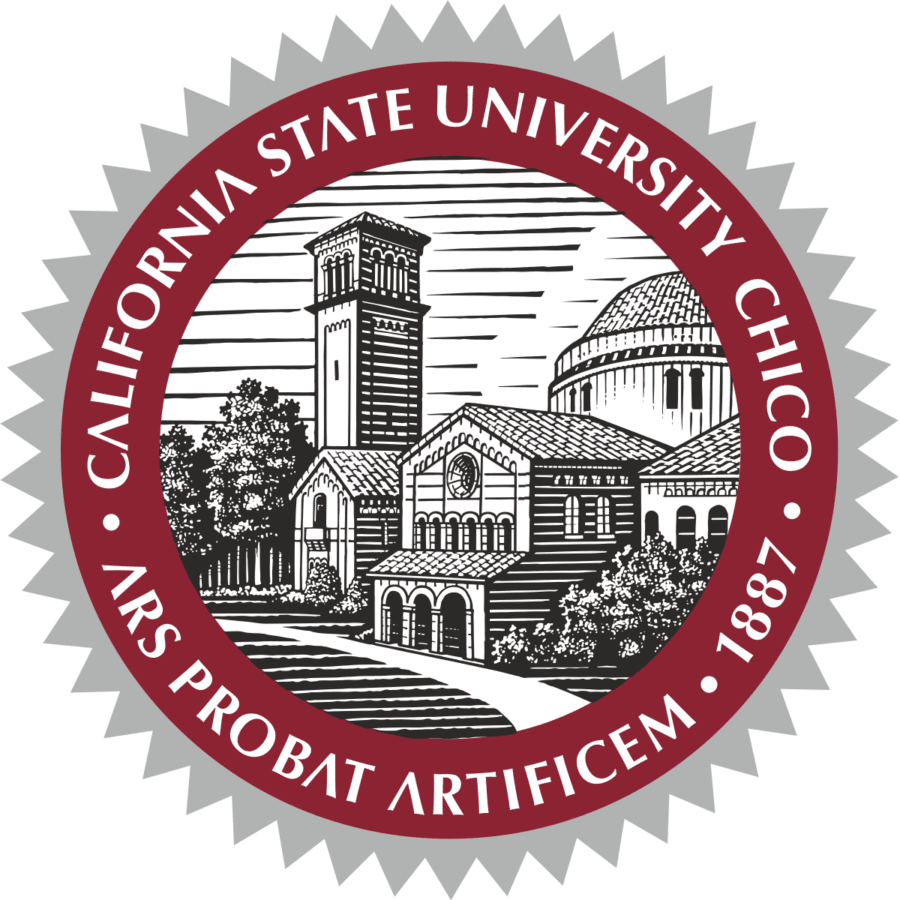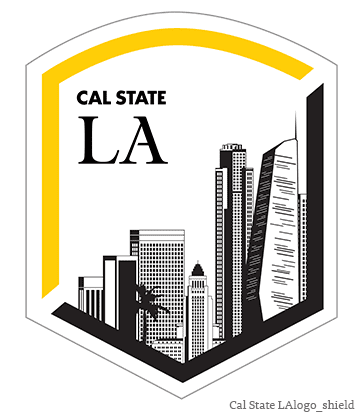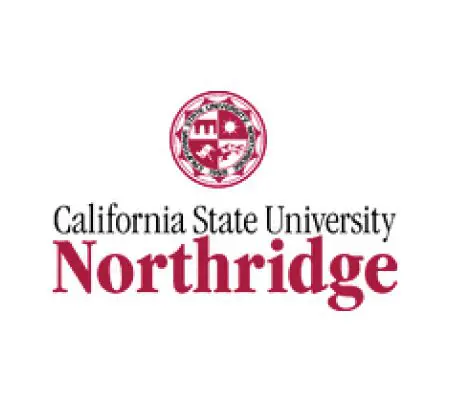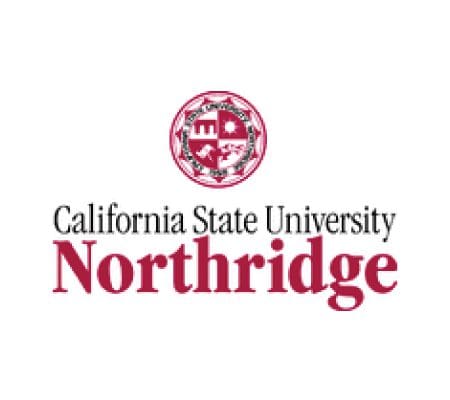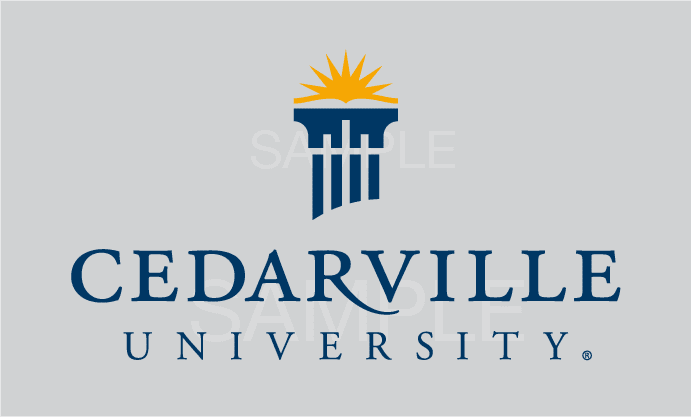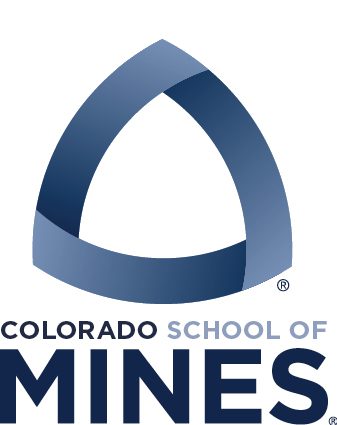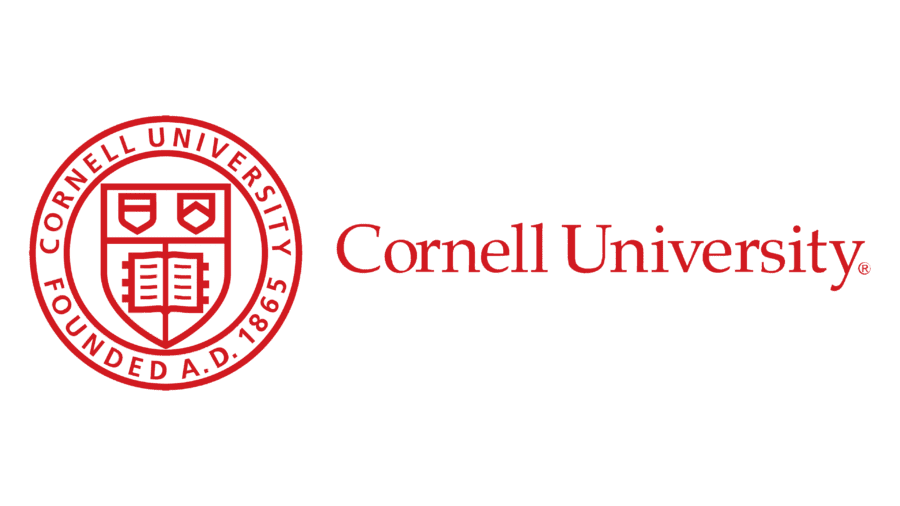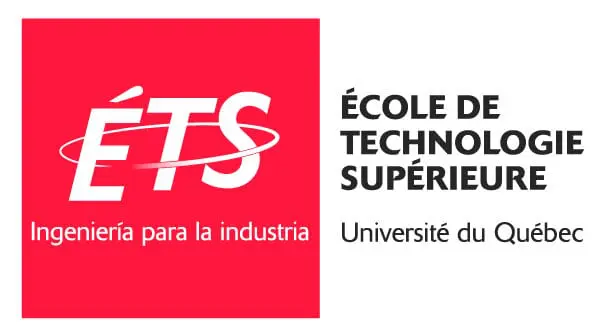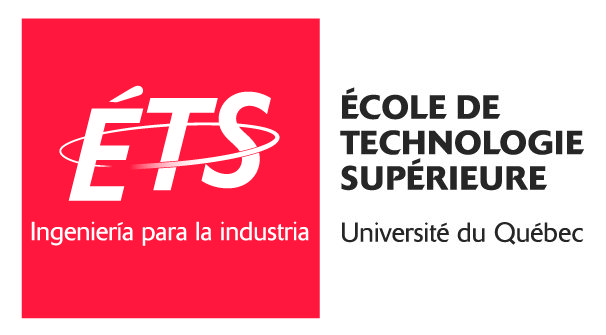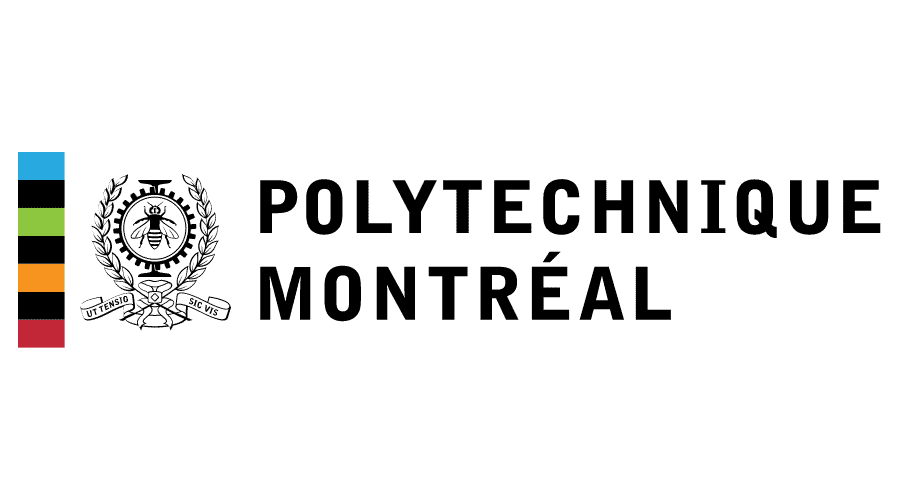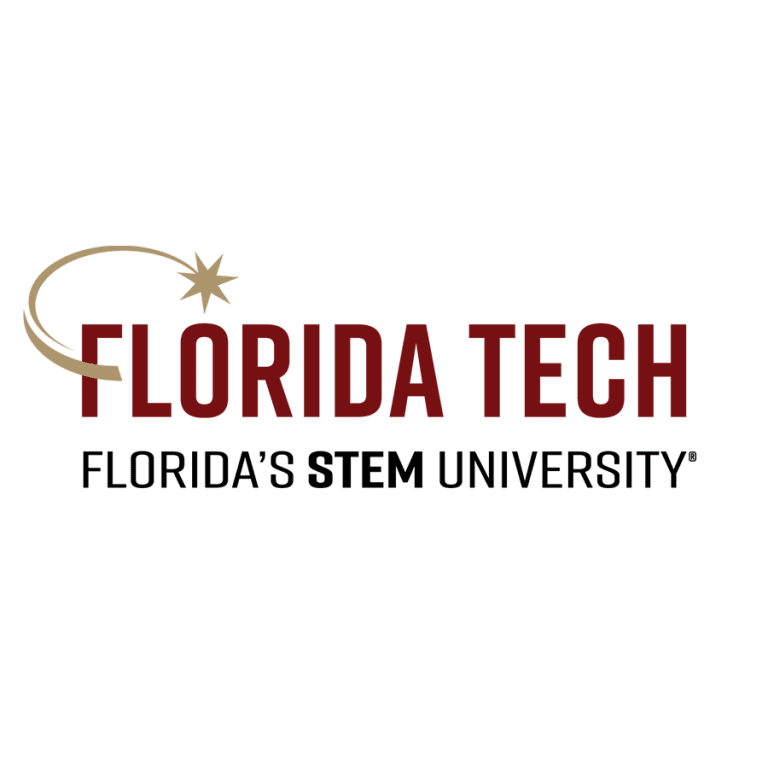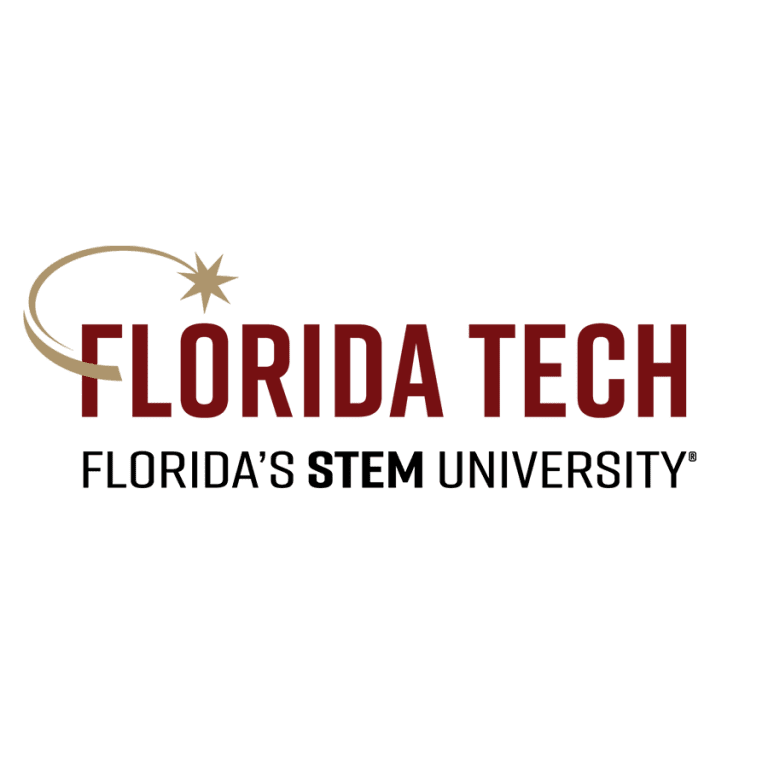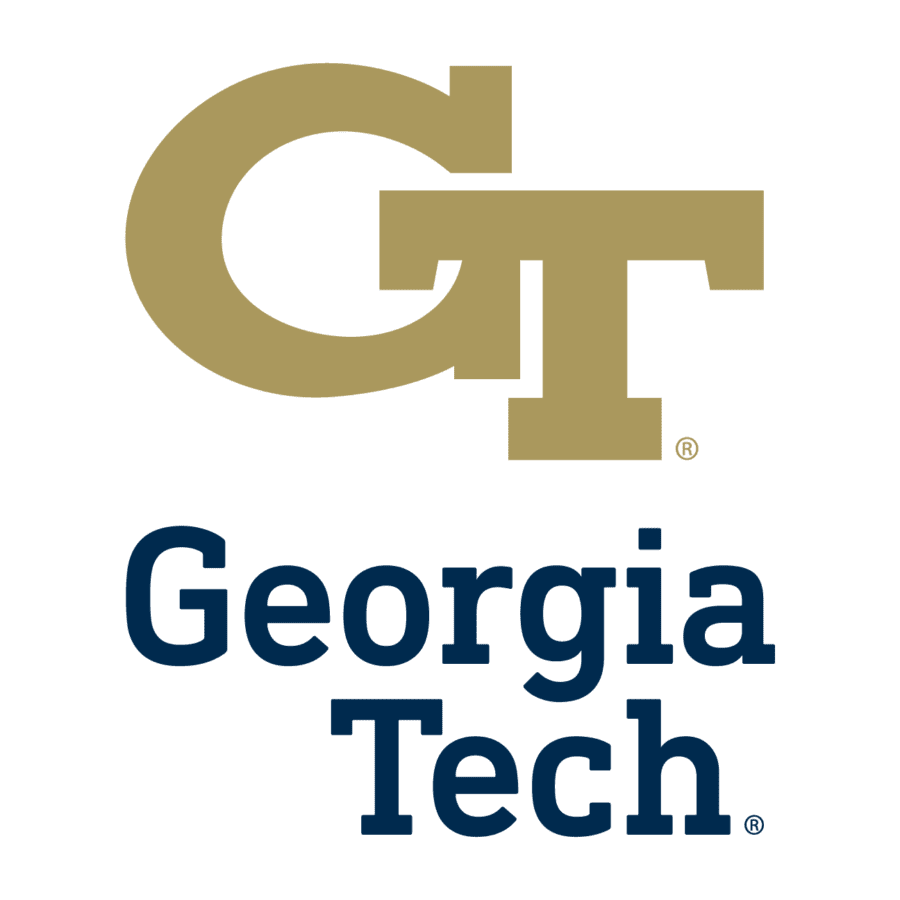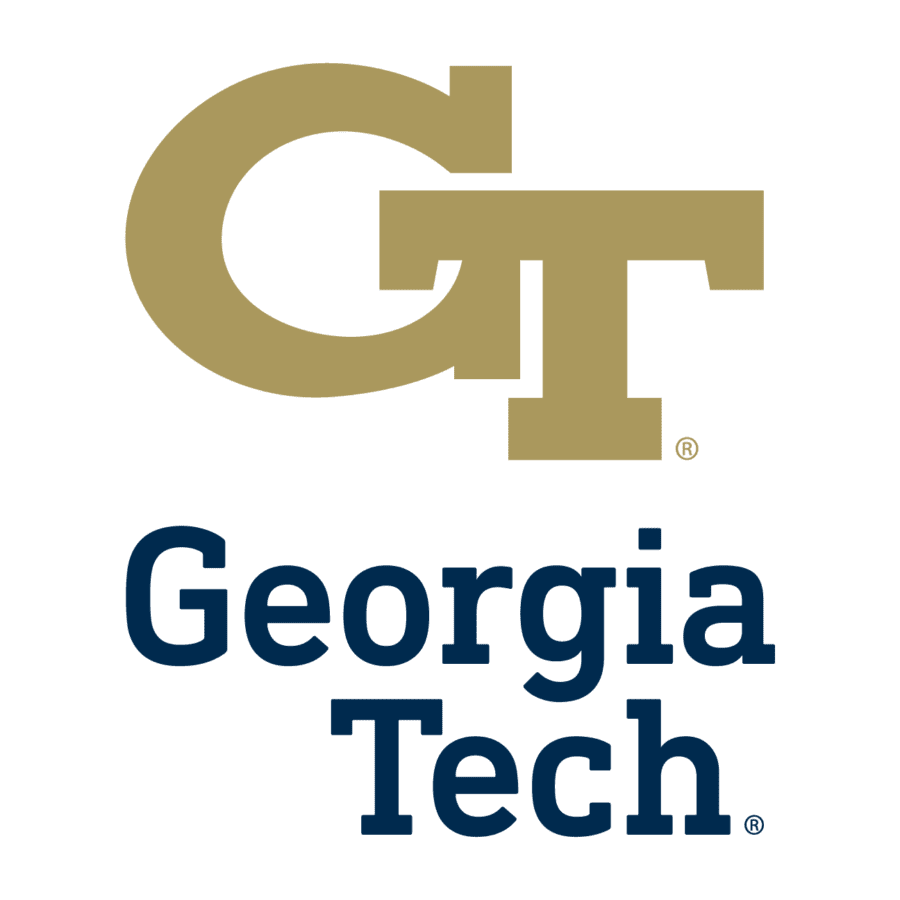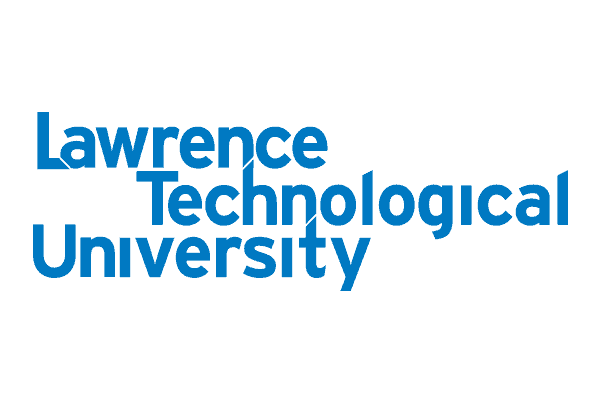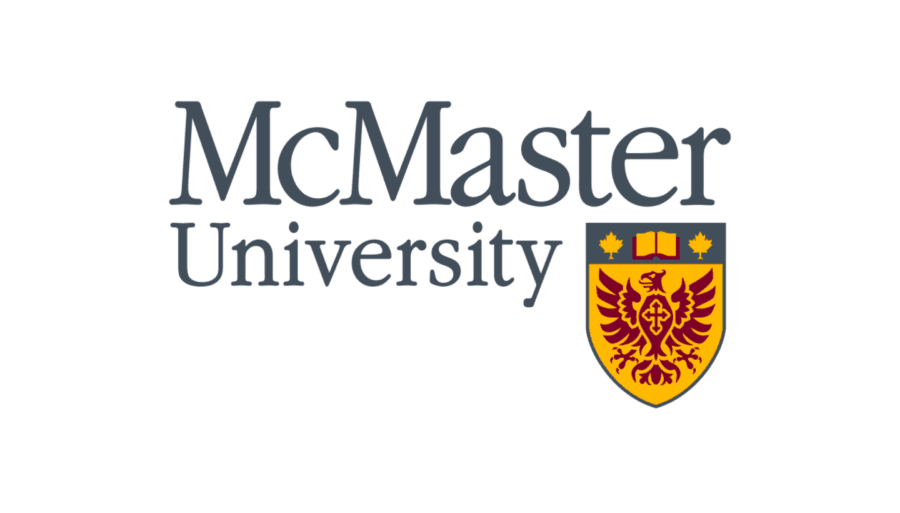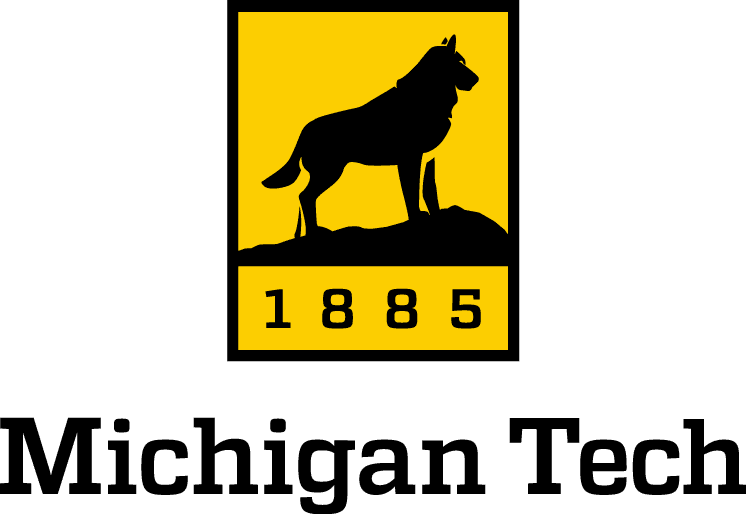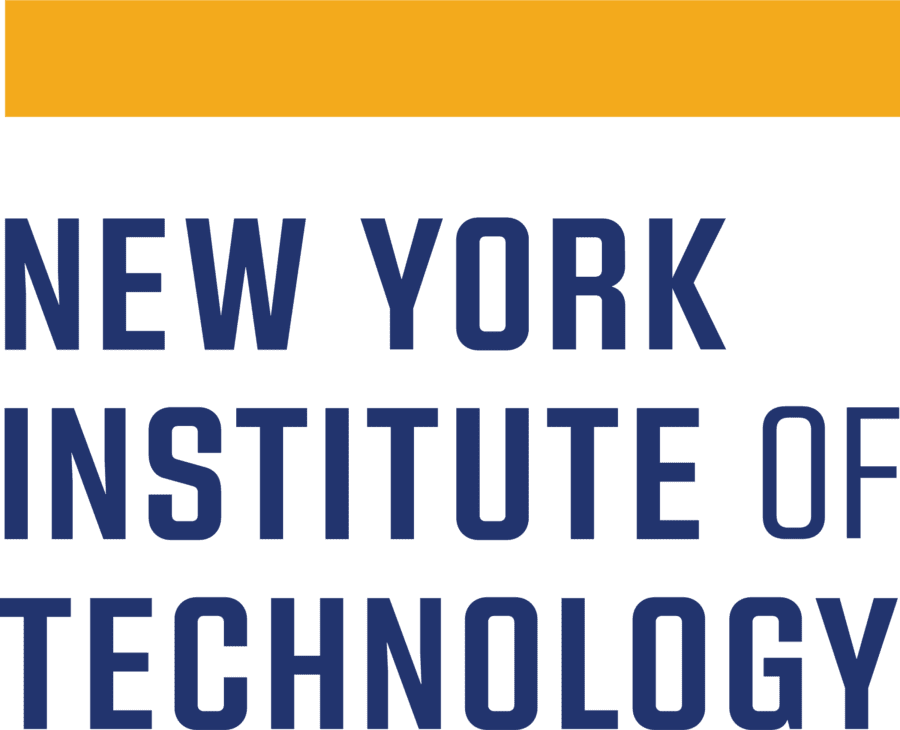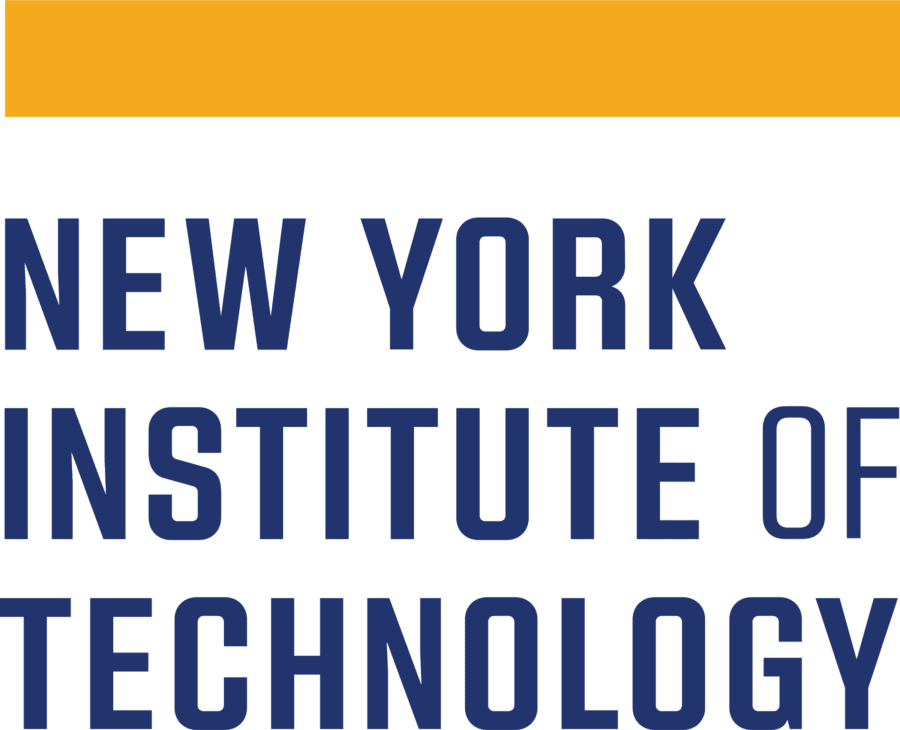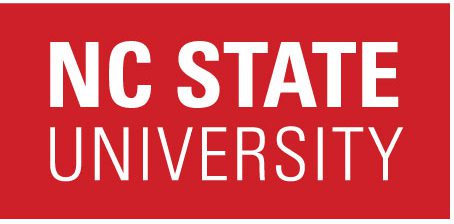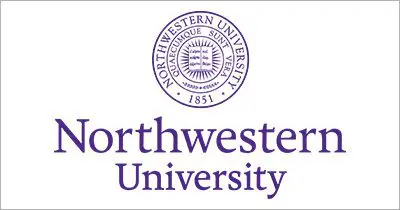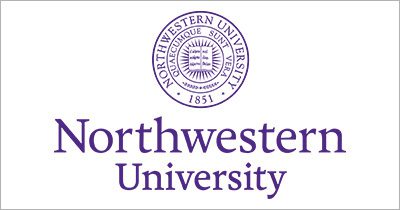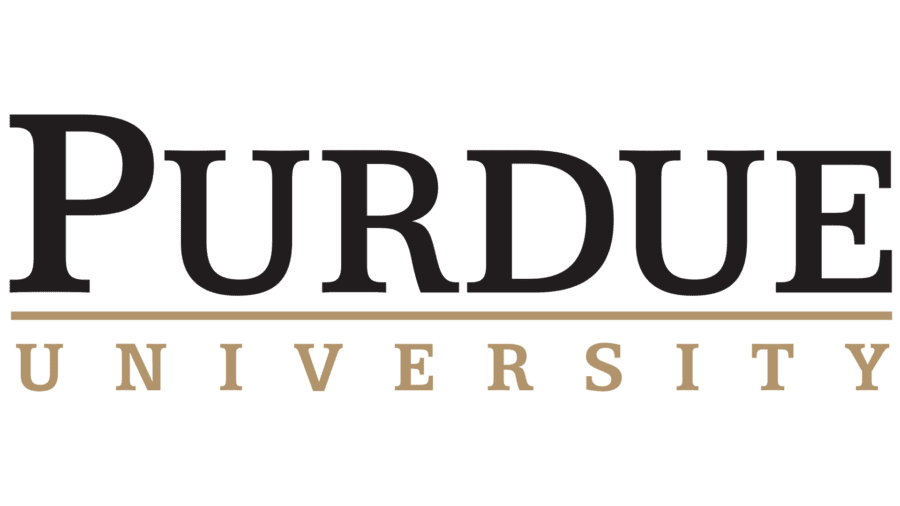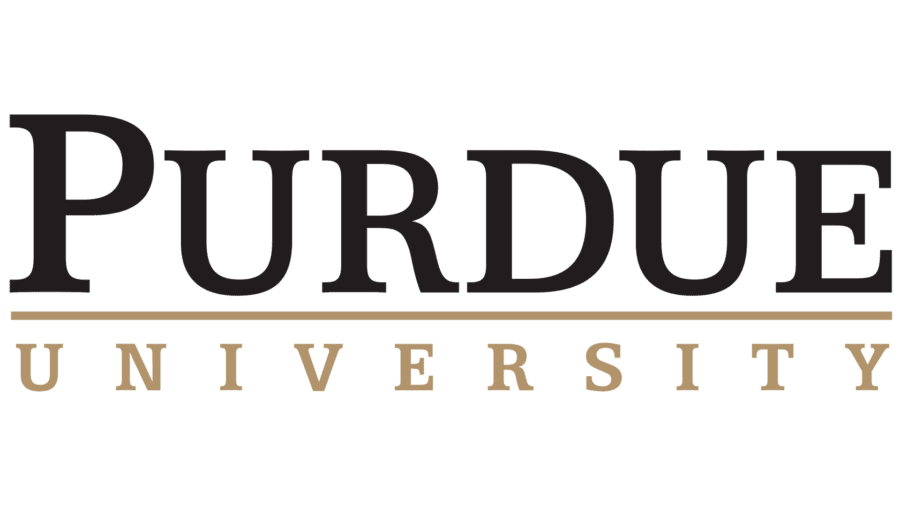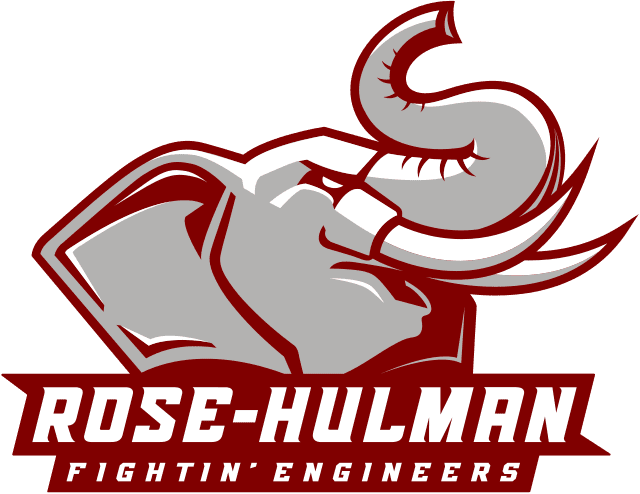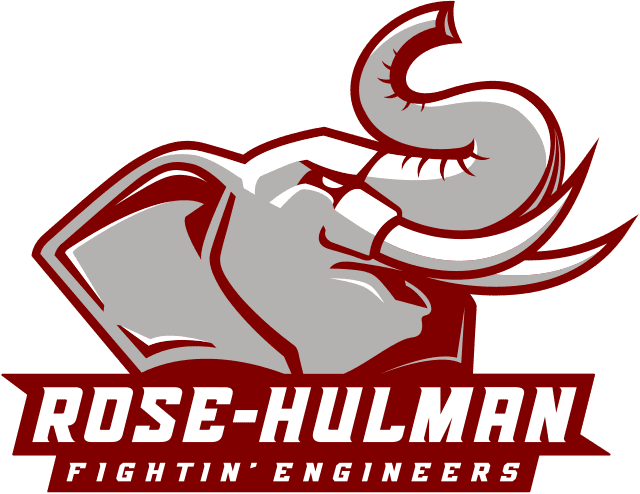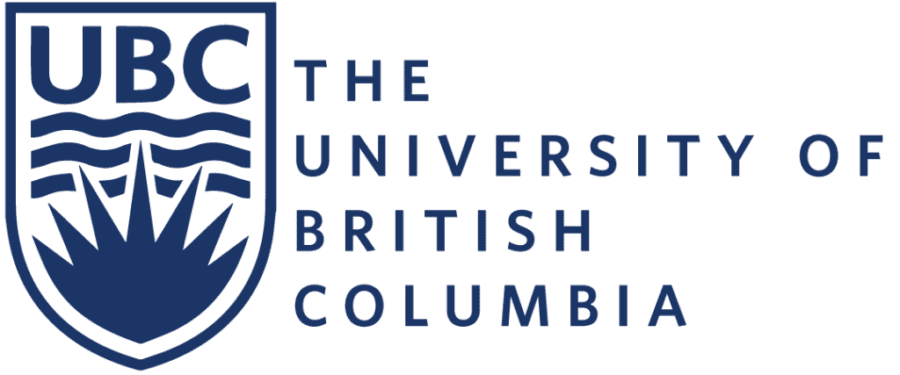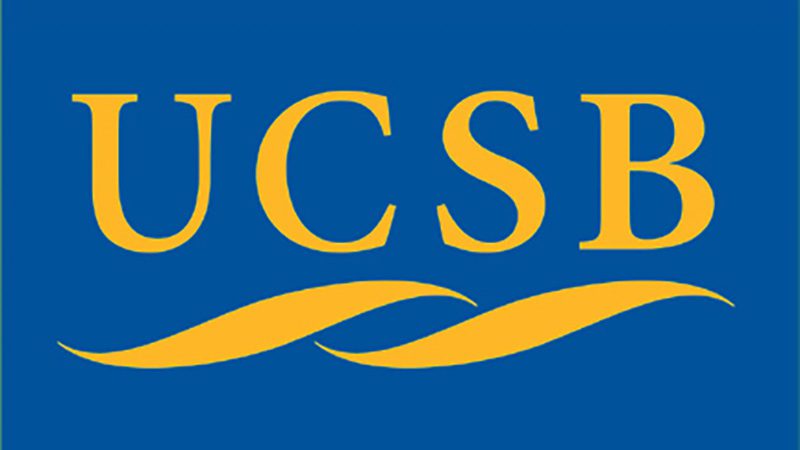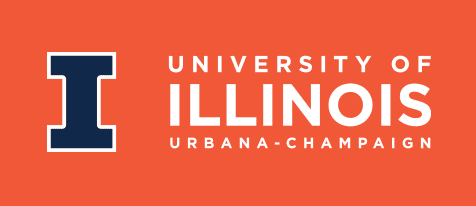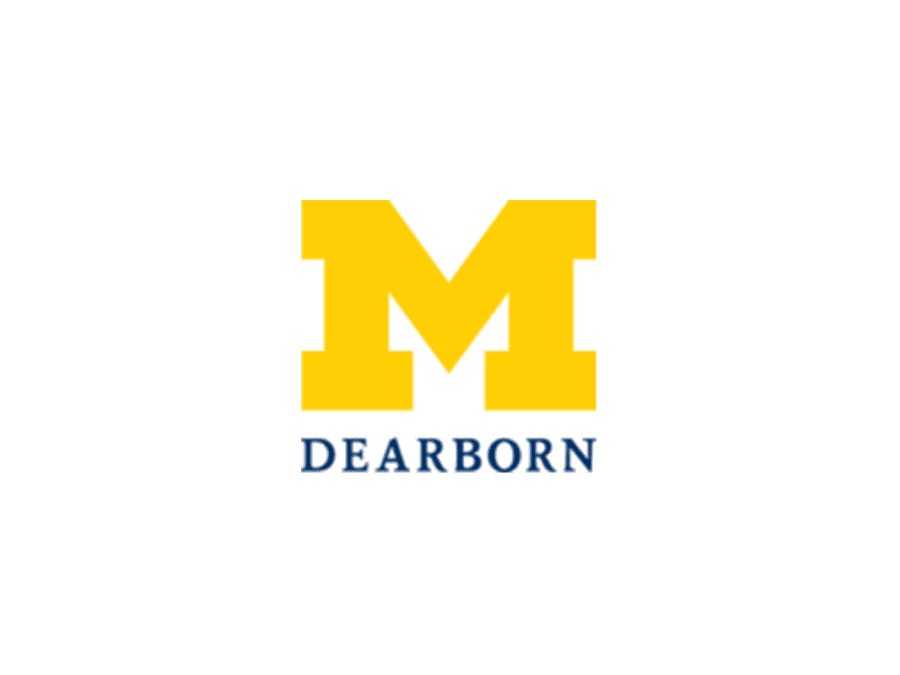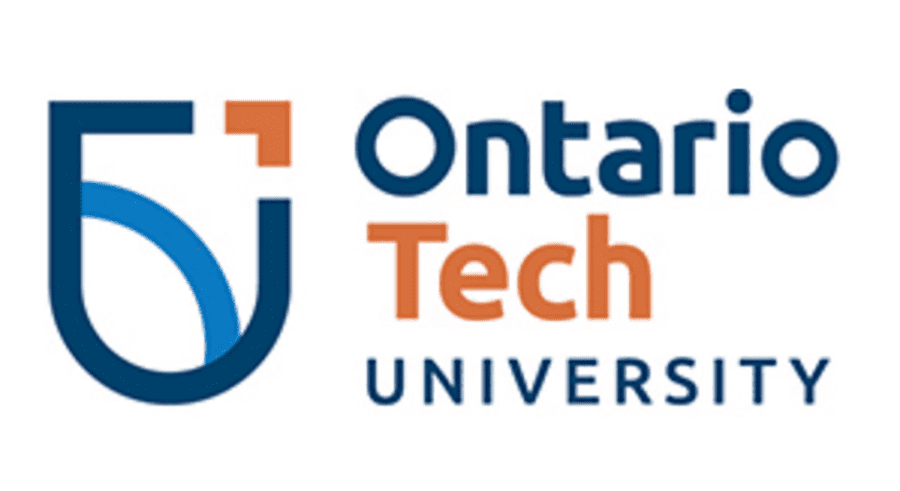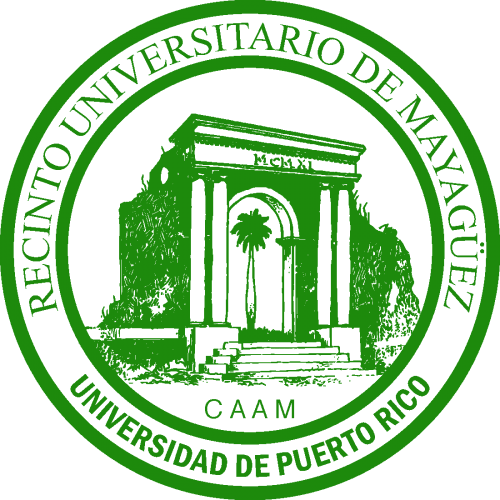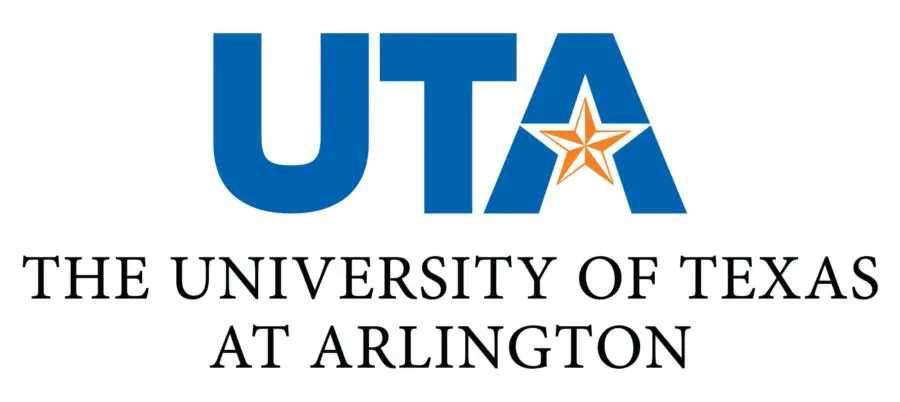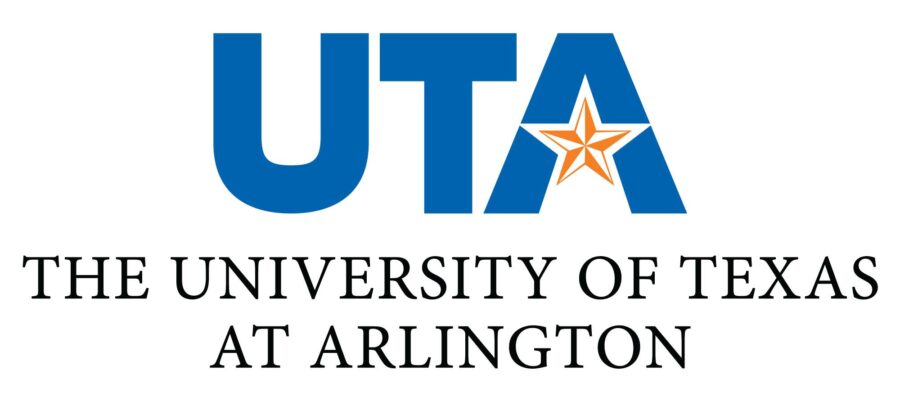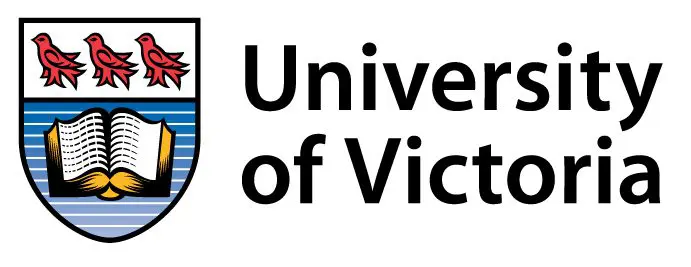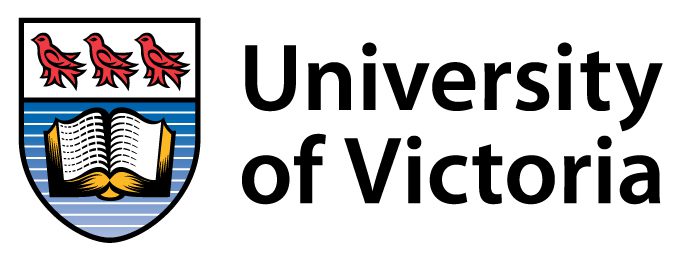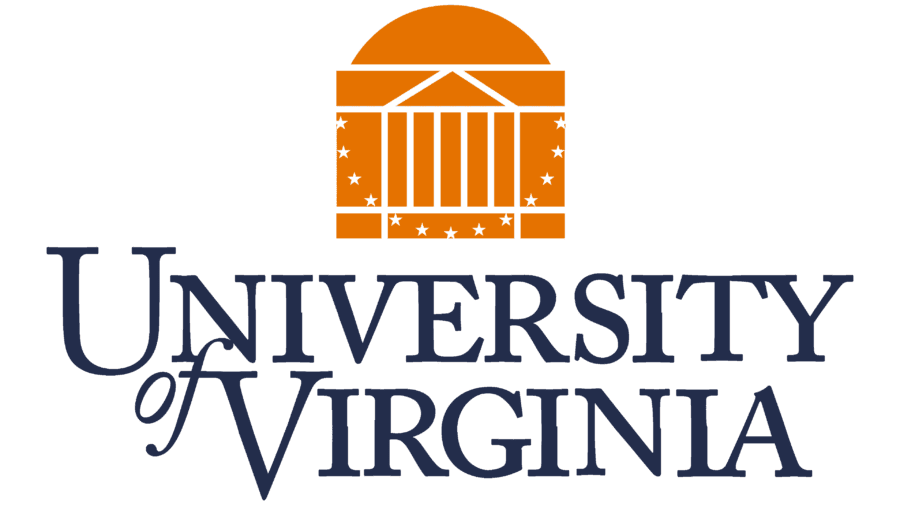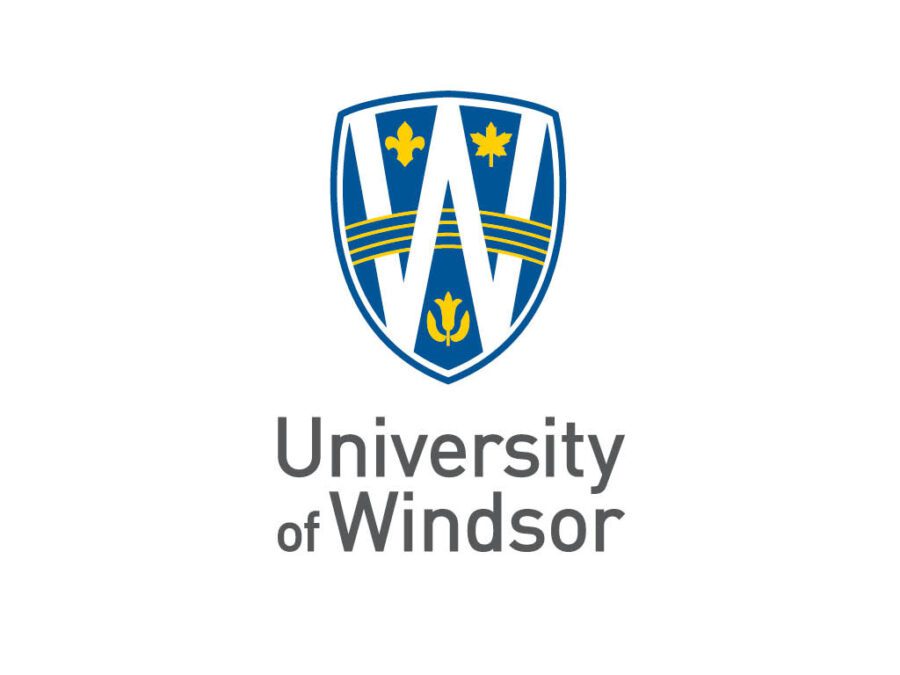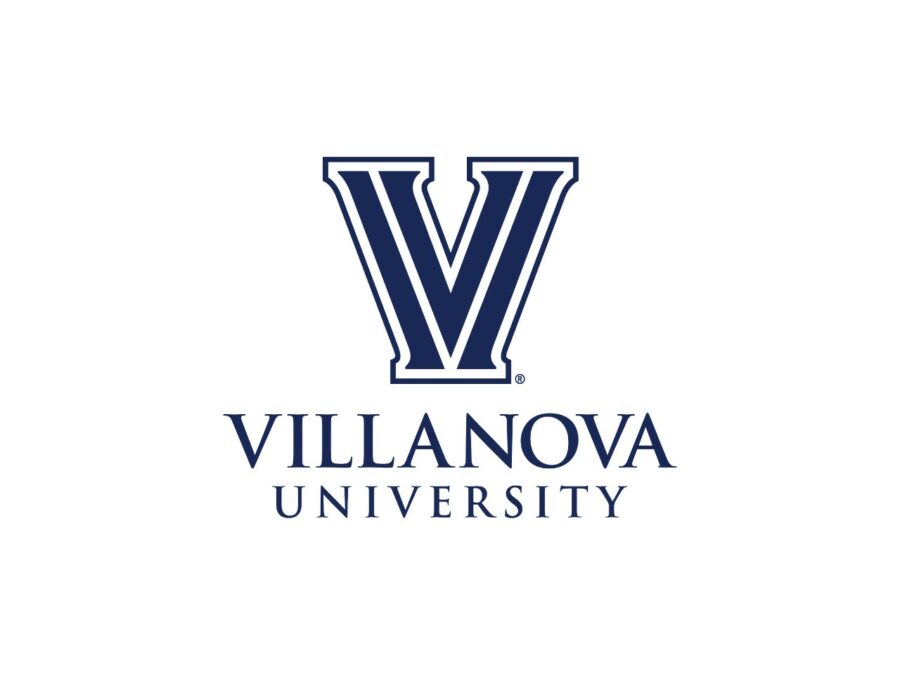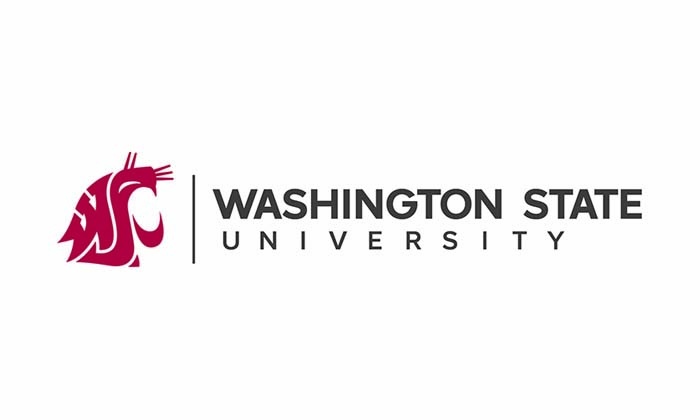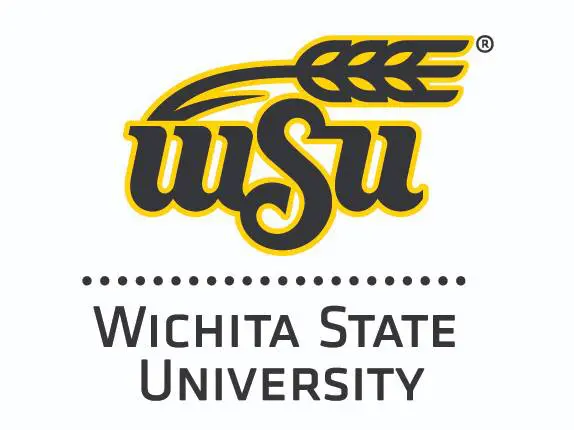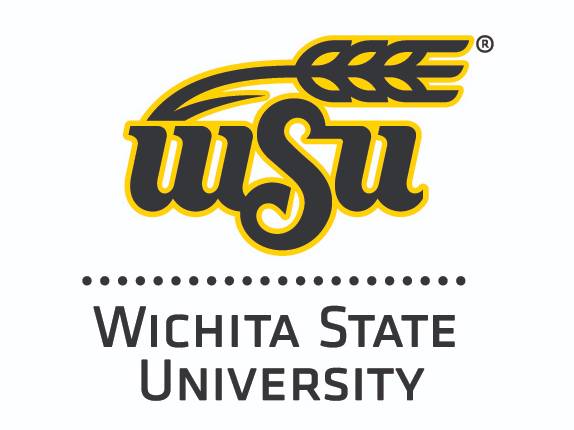
AVTC’s Impact
Impacts of AVTCs
Learn the impacts of AVTCs and why you should get involved!
The AVTC education and workforce mission begins with Outreach & Communications, where teams extend their reach beyond their universities and into communities nationwide to engage K-12 students and encourage them to pursue careers in STEM.
AVTCs have seeded more than 30,000 graduates into industry, and is a talent pipeline that has shaped the energy and mobility industry for 35+ years. With significant team and university impacts at 111 educational institutions, AVTCs create the ultimate educational experience and real-world training ground for our future automotive leaders.
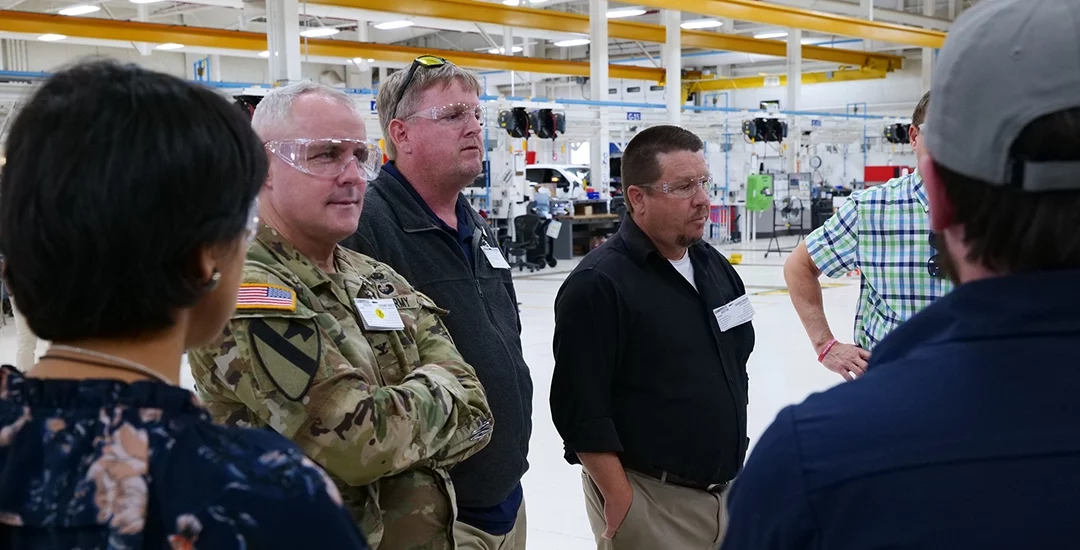

AVTC Impact on the Workforce
AVTCs provide students with an unparalleled and immersive educational experience and real-world training ground that transforms the traditional classroom into a hub of automotive innovation, and seed the automotive industry with a highly skilled and knowledgeable workforce that will shape future energy-efficient automotive products and achieve our vision for net zero emissions by 2050.
$5k-$10k
On average, AVTC graduates earn $5k-$10k more than their non-EcoCAR peers in their first job after graduation
276
During the 4-year EcoCAR Mobility Challenge alone, 276 employers hired an AVTC graduate
#1
Automotive companies are the #1 employer of AVTC students
Universities Involved
Since the beginning, more than 95 universities across North America and 30,000 students have participated in AVTCs. These universities have spanned from coast to coast and from Canada, the United States, and Mexico. Each year, 1,000 students join forces in AVTCs mission of educating the next generation of automotive engineers and advancing state-of-the-art fuels and vehicle technologies.


Colorado State University
Past Competitons
- Methanol Marathon
- Natural Gas Vehicle Challenge
- HEV Challenge
- EcoCAR 2
- EcoCAR 3
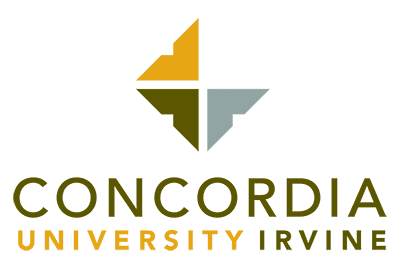
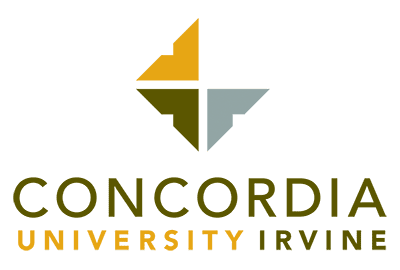
Concordia University
Past Competitons
- Methanol Marathon
- Natural Gas Vehicle Challenge
- FutureCar Challenge
- FutureTruck
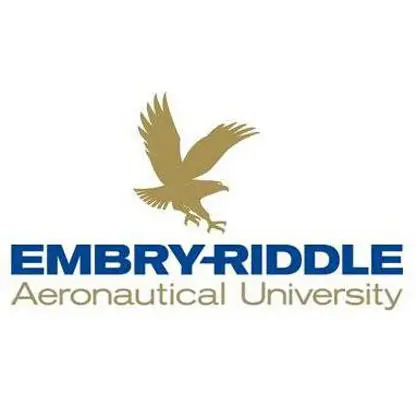
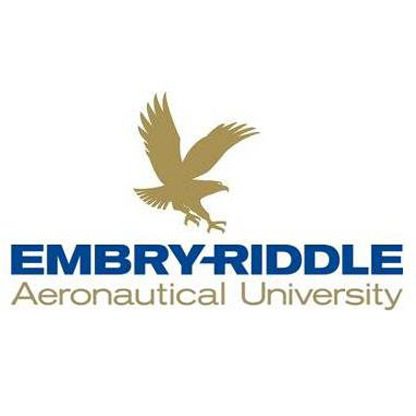
Embry Riddle Aeronautical University
Past Competitons
- EcoCAR
- EcoCAR 2
- EcoCAR 3
- EcoCAR Mobility Challenge
- EcoCAR EV Challenge
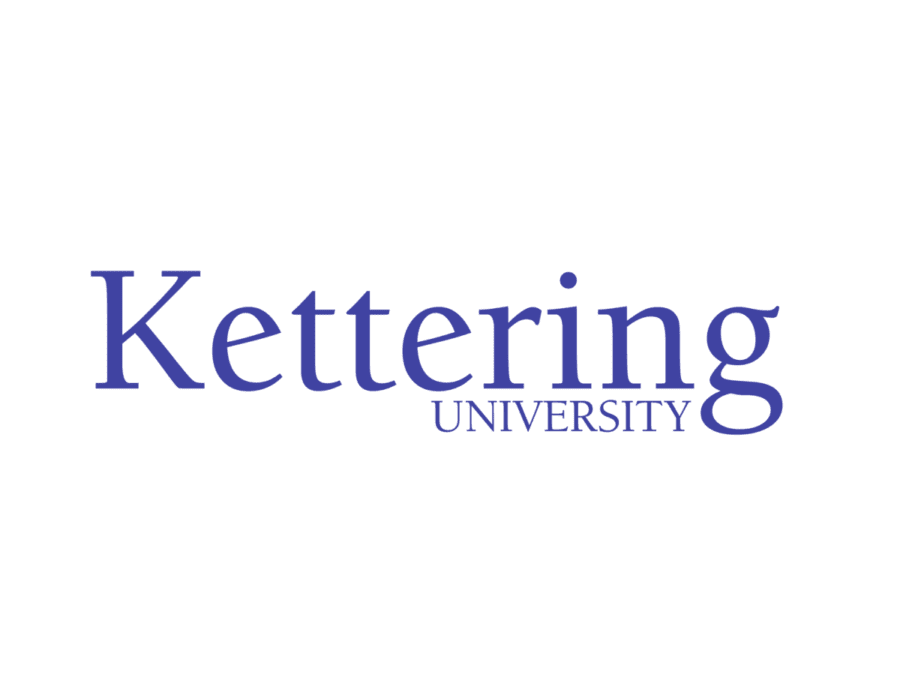

GMI Engineering and Management Institute/Kettering
Past Competitons
- Natural Gas Vehicle Challenge
- HEV Challenge
- Propane Vehicle Challenge Ethanol Vehicle Challenge
Illinois Institute of Technology
Past Competitons
- Natural Gas Vehicle Challenge
- HEV Challenge
- Propane Vehicle Challenge
- Ethanol Vehicle Challenge
- EcoCAR EV Challenge


Mississippi State University
Starkville, Mississippi
Past Competitons
- Challenge X
- EcoCAR
- EcoCAR2
- EcoCAR3
- EcoCAR Mobility Challenge
- EcoCAR EV Challenge
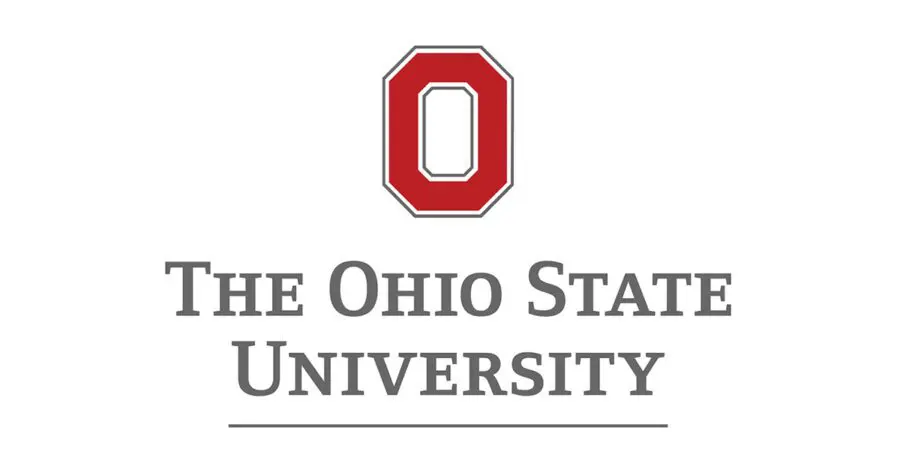

Ohio State University
Columbus, Ohio
Past Competitons
- Natural Gas Vehicle Challenge
- FutureCar Challenge
- Challenge X
- EcoCAR
- EcoCAR 2
- EcoCAR 3
- EcoCAR Mobility Challenge
- EcoCAR EV Challenge
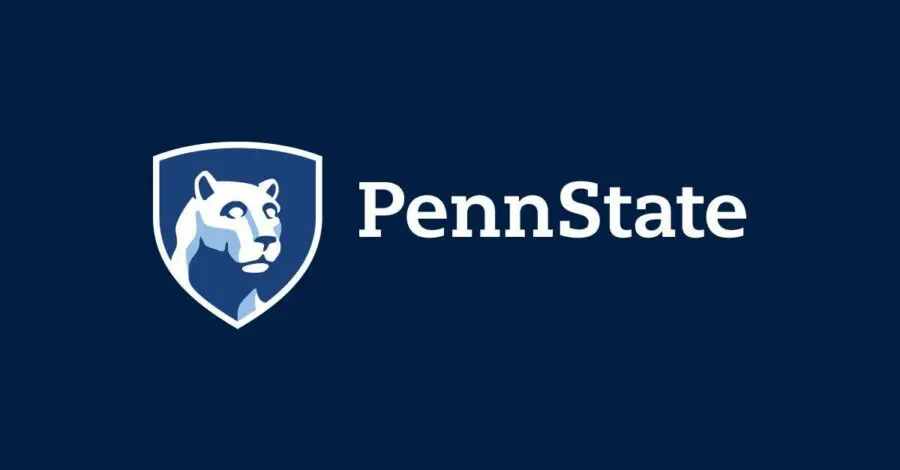
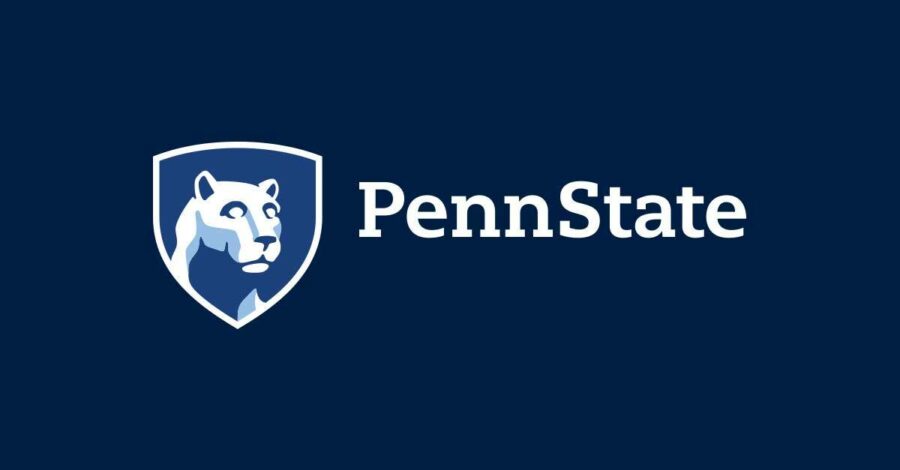
Pennsylvania State University
University Park, Pennsylvania
Past Competitons
- Methanol Marathon
- HEV Challenge
- FutureTruck
- Challenge X
- EcoCAR
- EcoCAR 2
- EcoCAR 3
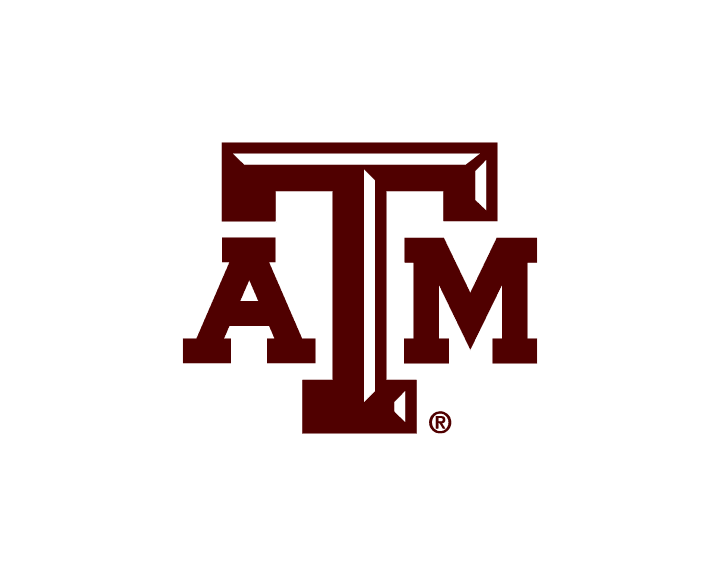

Texas A&M University
College Station, Texas
Past Competitons
- Natural Gas Vehicle Challenge
- HEV Challenge
- Propane Vehicle Challenge
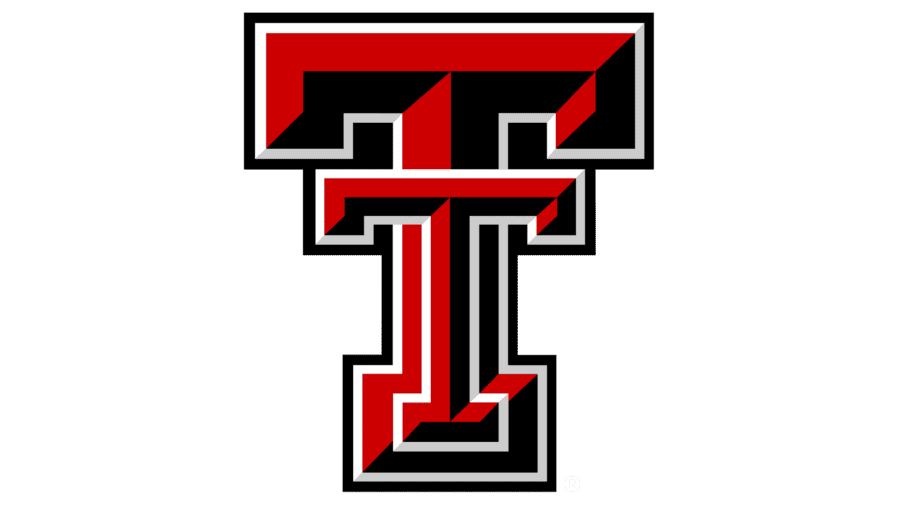
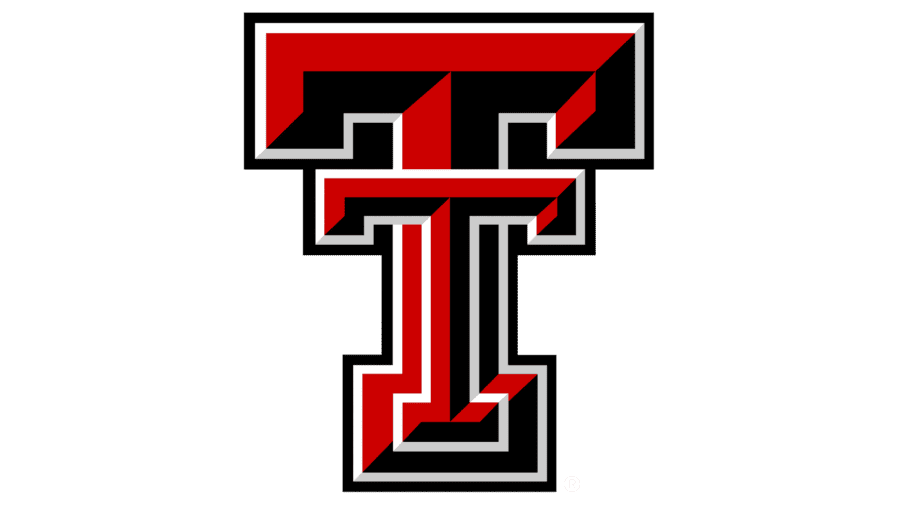
Texas Tech University
Lubbock, Texas
Past Competitons
- Methanol Marathon
- Natural Gas Vehicle Challenge
- HEV Challenge
- Propane Vehicle Challenge
- FutureCar Challenge
- FutureTruck
- Challenge X
- EcoCAR
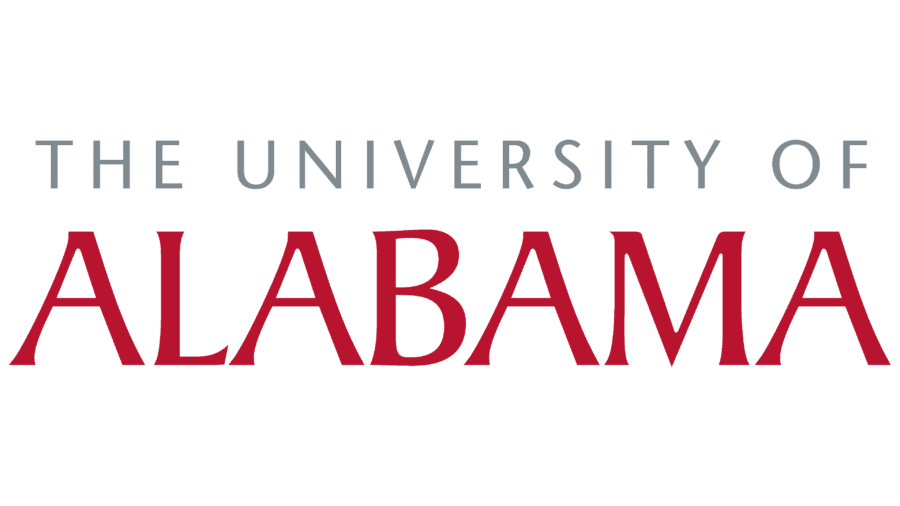

University of Alabama
Tuscaloosa, Alabama
Past Competitons
- Natural Gas Vehicle Challenge
- EcoCAR 3
- EcoCAR Mobility Challenge
- EcoCAR EV Challenge


University of Alberta, Edmonton
Past Competitons
- Natural Gas Vehicle Challenge
- HEV Challenge
- Propane Vehicle Challenge
- Ethanol Vehicle Challenge
- FutureTruck


University of California, Davis
Davis, California
Past Competitons
- HEV Challenge
- FutureCar Challenge
- FutureTruck
- Challenge X
- EcoCAR EV Challenge


University of California, Riverside
Riverside, California
Past Competitons
- Propane Vehicle Challenge
- Ethanol Vehicle Challenge
- EcoCAR EV Challenge


University of Illinois, Chicago
Chicago, Illinois
Past Competitons
- HEV Challenge
- FutureCar Challenge
- Ethanol Vehicle Challenge
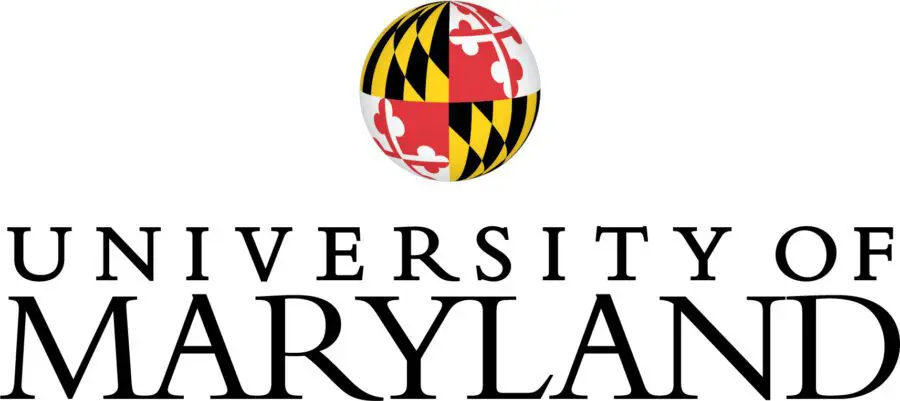
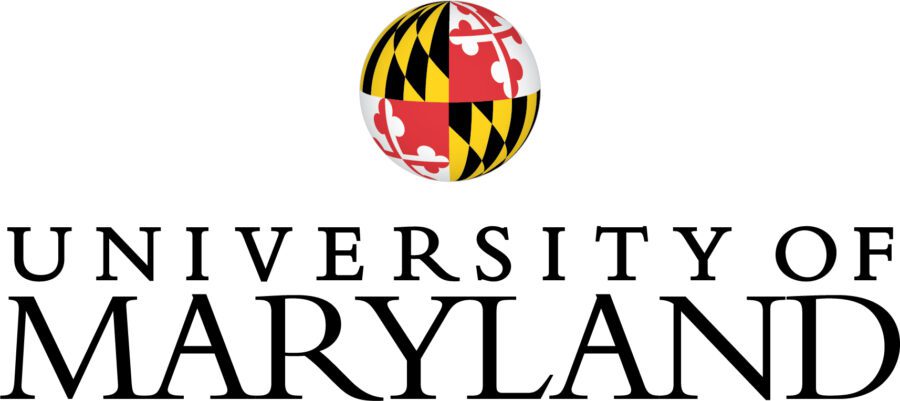
University of Maryland
College Park, Maryland
Past Competitons
- Methanol Marathon
- Natural Gas Vehicle Challenge
- HEV Challenge
- FutureCar Challenge
- FutureTruck
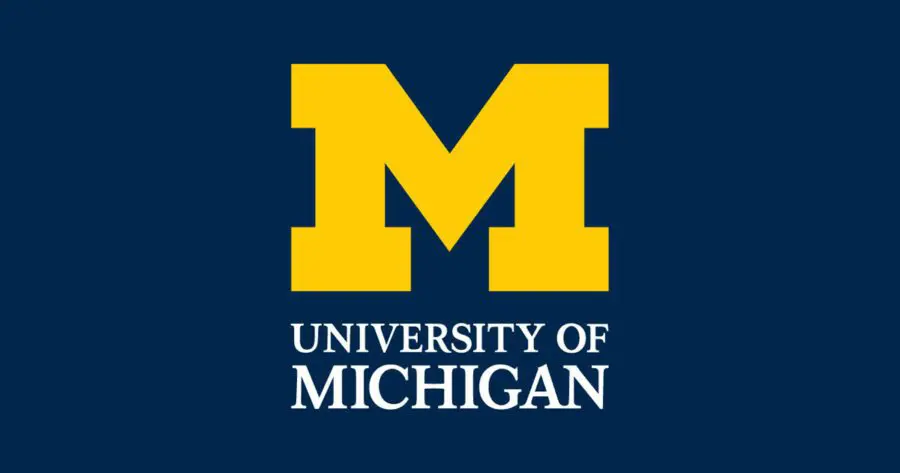
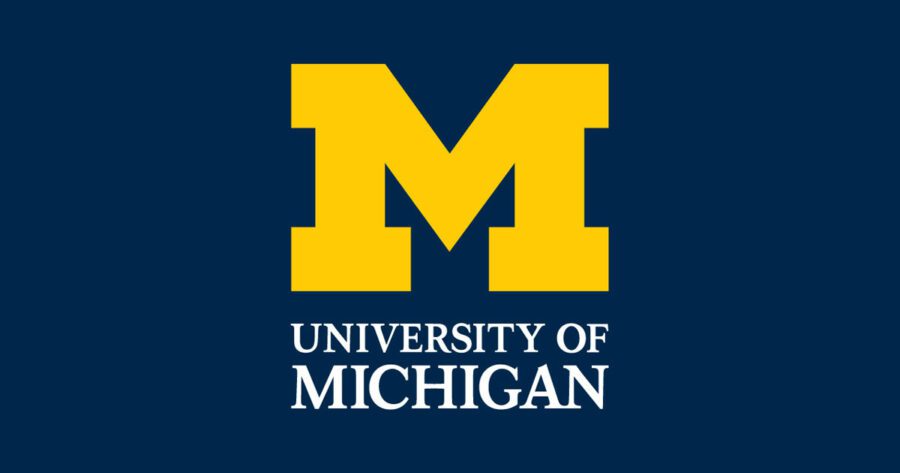
University of Michigan, Ann Arbor
Ann Arbor, Michigan
Past Competitons
- Methanol Marathon
- HEV Challenge
- FutureCar Challenge
- Challenge X
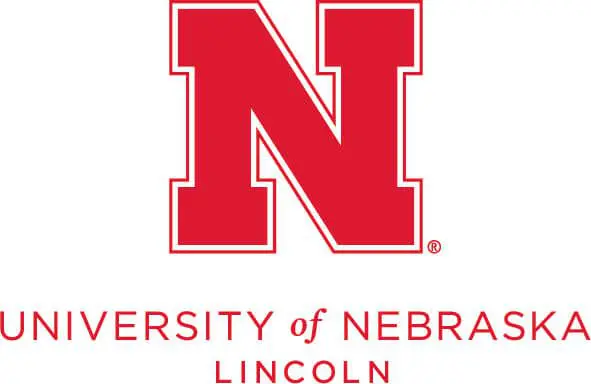
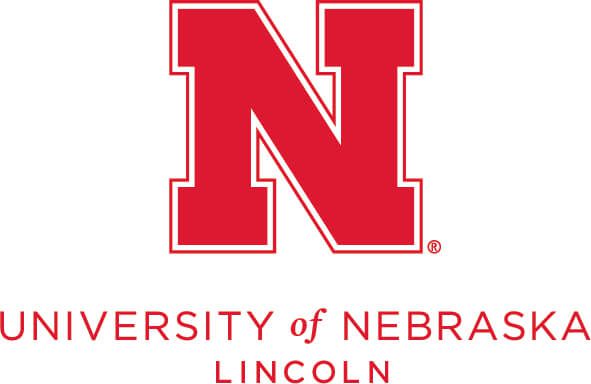
University of Nebraska, Lincoln
Lincoln, Nebraska
Past Competitons
- Natural Gas Vehicle Challenge
- Ethanol Vehicle Challenge
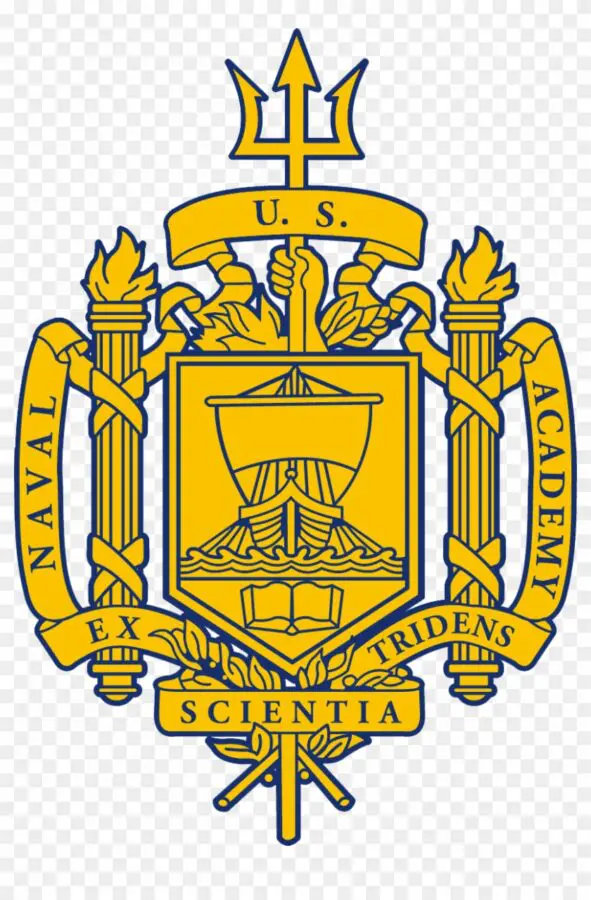
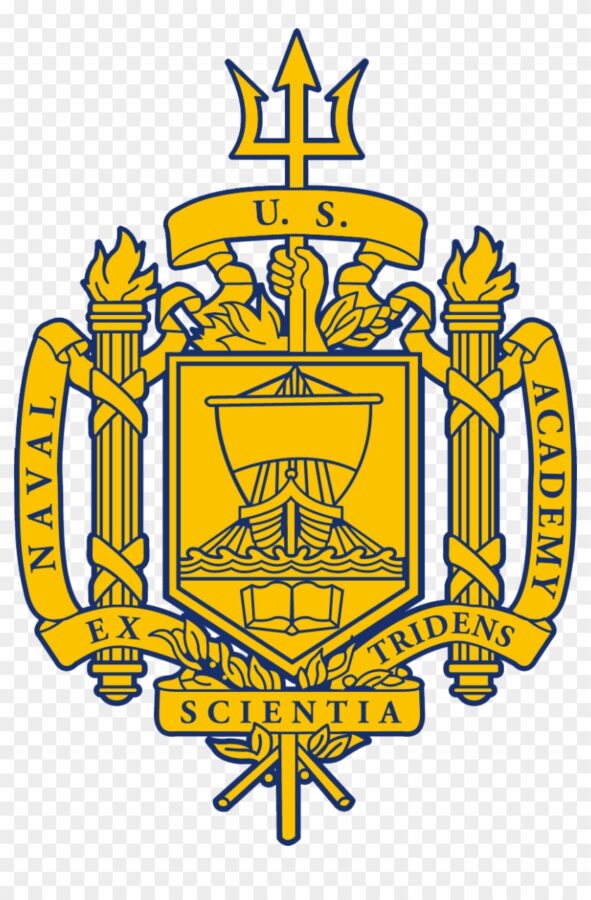

University of Oklahoma
Norman, Oklahoma
Past Competitons
- Natural Gas Vehicle Challenge
- Propane Vehicle Challenge
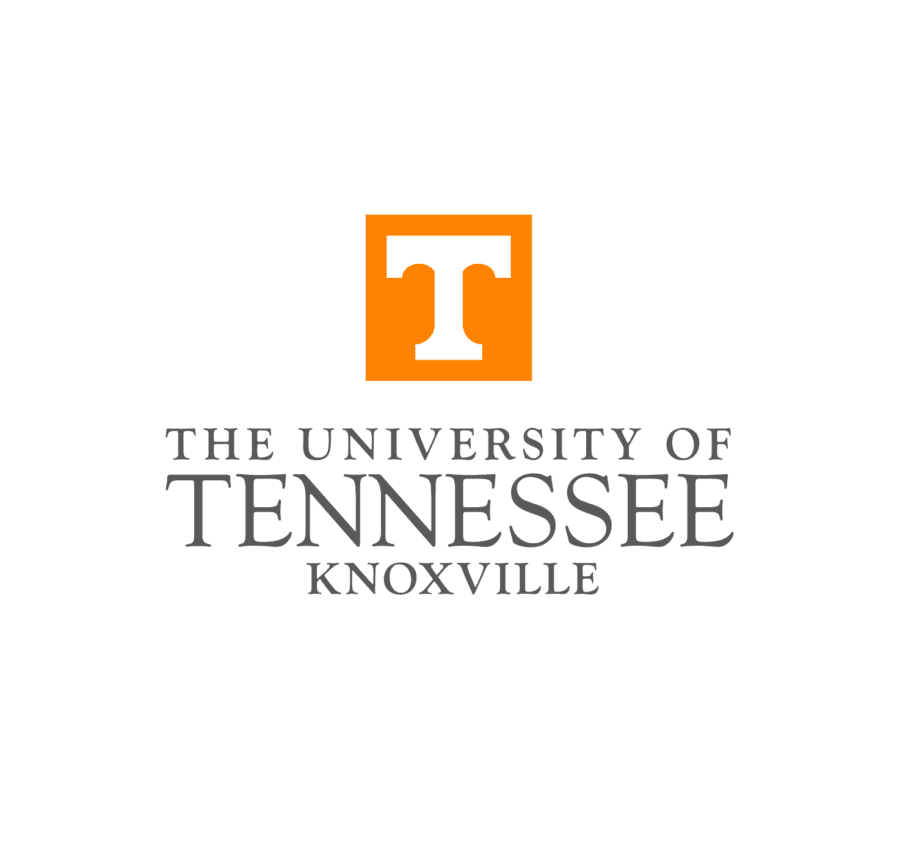
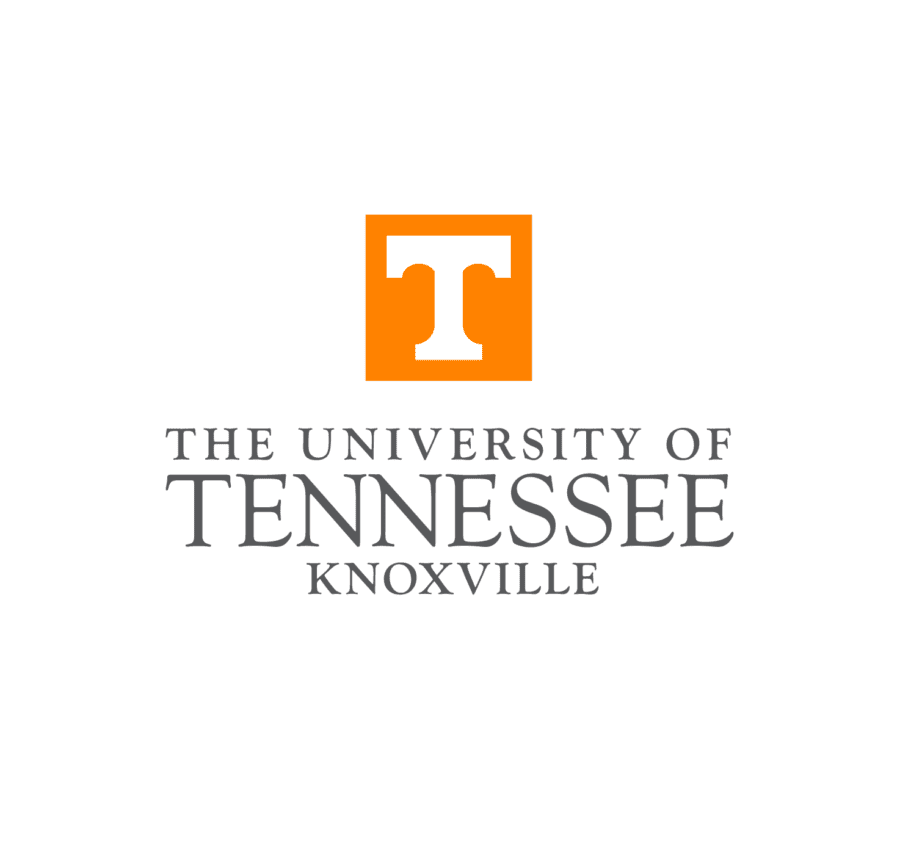
University of Tennessee, Knoxville
Past Competitons
- Methanol Marathon
- Natural Gas Vehicle Challenge
- HEV Challenge
- Propane Vehicle Challenge
- FutureCar Challenge
- FutureTruck
- Challenge X
- EcoCAR 2
- EcoCAR 3
- EcoCAR Mobility Challenge


University of Texas, Austin
Austin, Texas
Past Competitons
- Natural Gas Vehicle Challenge
- HEV Challenge
- Propane Vehicle Challenge
- Ethanol Vehicle Challenge
- Challenge X
- EcoCAR EV Challenge
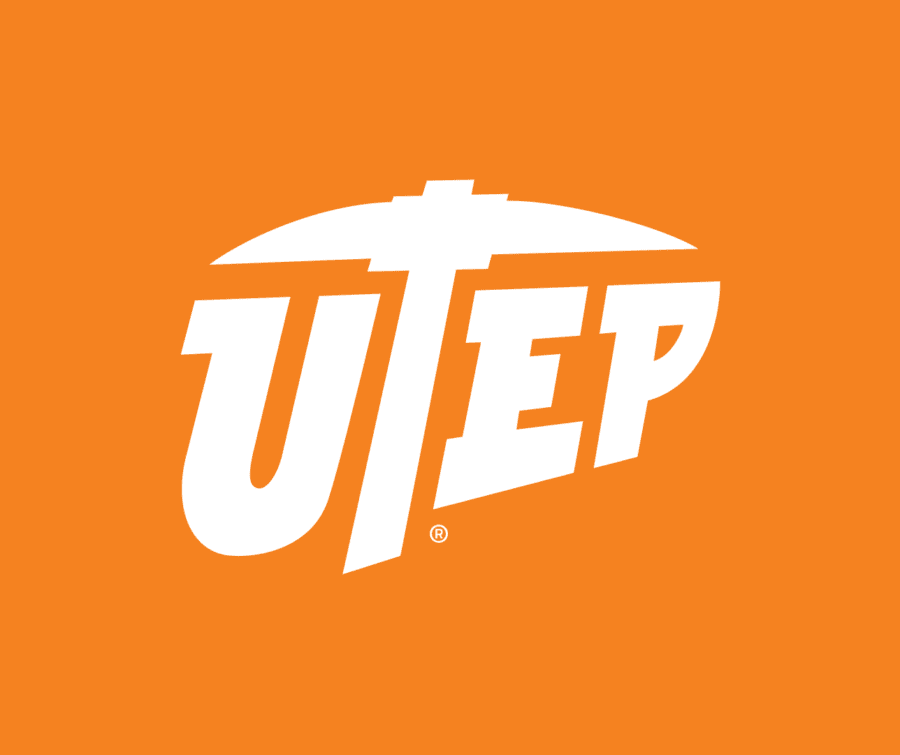
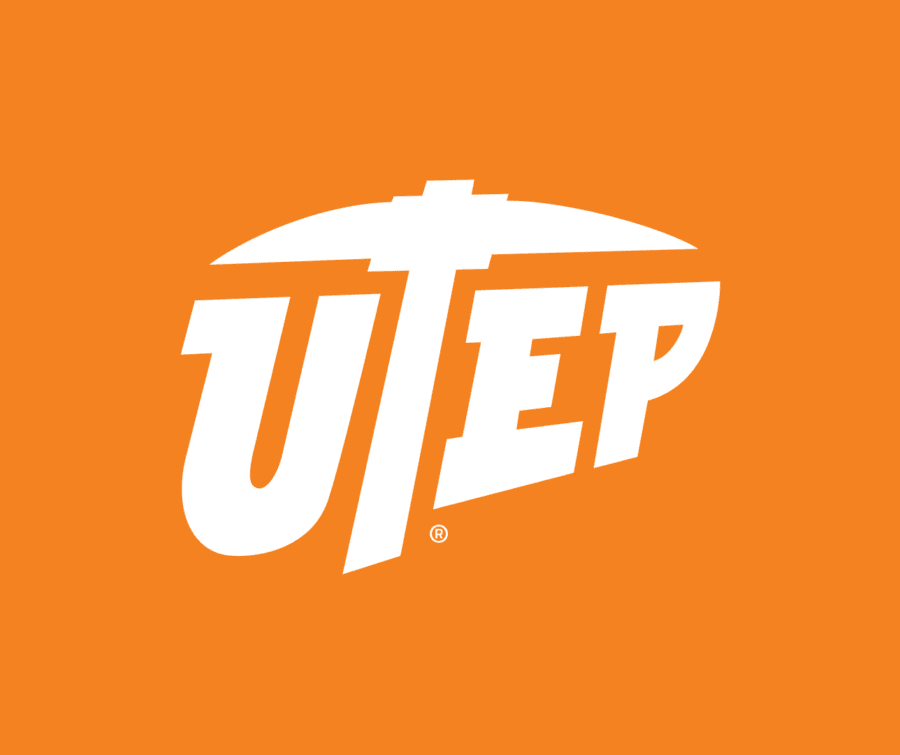
University of Texas, El Paso
El Paso, Texas
Past Competitons
- Natural Gas Vehicle Challenge
- HEV Challenge
- Propane Vehicle Challenge
- Ethanol Vehicle Challenge


University of Waterloo
Ontario, Canada
Past Competitons
- Propane Vehicle Challenge
- Ethanol Vehicle Challenge
- Challenge X
- EcoCAR
- EcoCAR 2
- EcoCAR 3
- EcoCAR Mobility Challenge
- EcoCAR EV Challenge


University of Wisconsin, Madison
Madison, Wisconsin
Past Competitons
- HEV Challenge
- FutureCar Challenge
- FutureTruck
- Challenge X
- EcoCAR
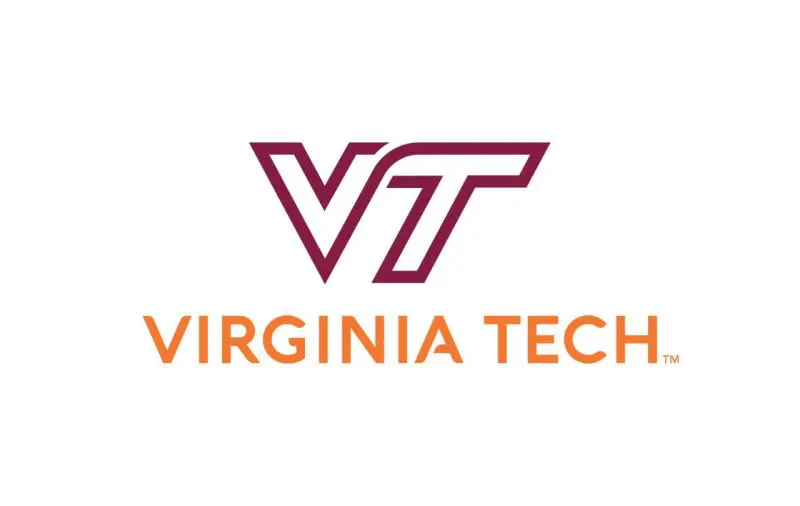
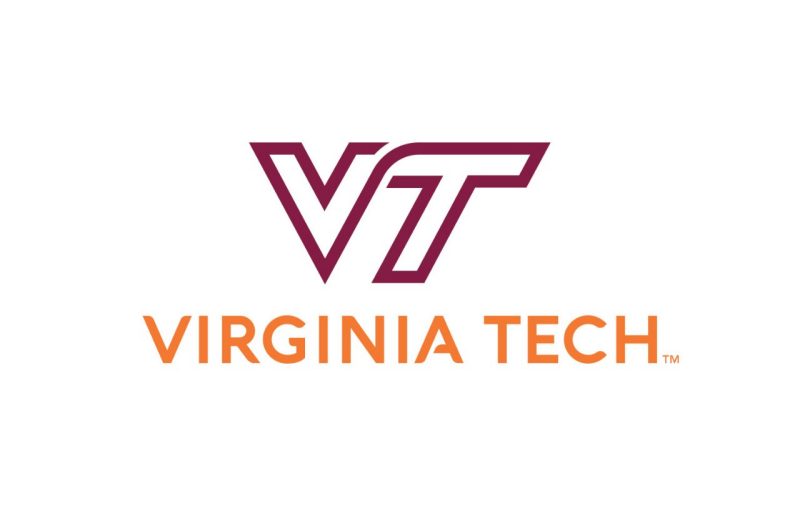
Virginia Tech
Blacksburg, Virginia
Past Competitons
- HEV Challenge
- Propane Vehicle Challenge
- FutureCar Challenge
- Challenge X
- EcoCAR
- EcoCAR 2
- EcoCAR 3
- EcoCAR Mobility Challenge
- EcoCAR EV Challenge


Washington University, St. Louis
Past Competitons
- Methanol Marathon
- Natural Gas Vehicle Challenge/li>
- HEV Challenge
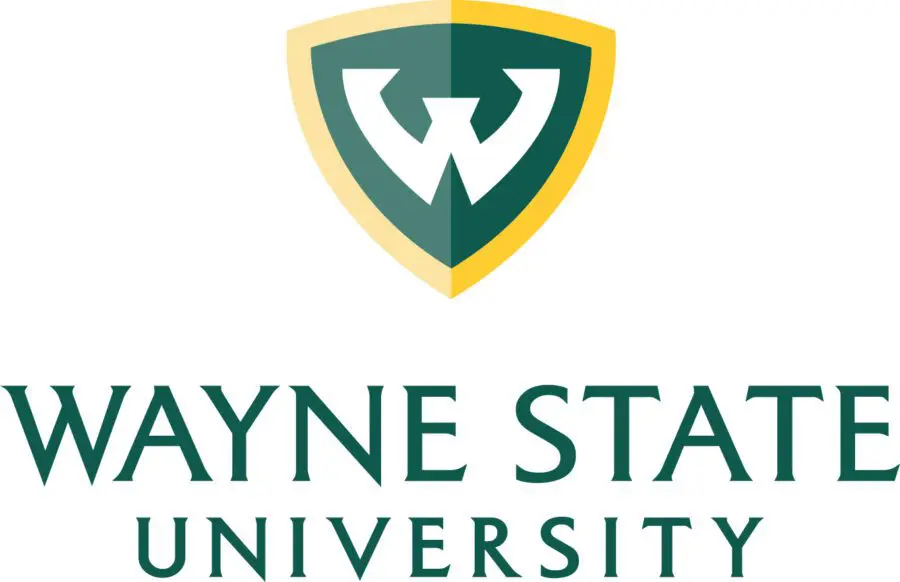
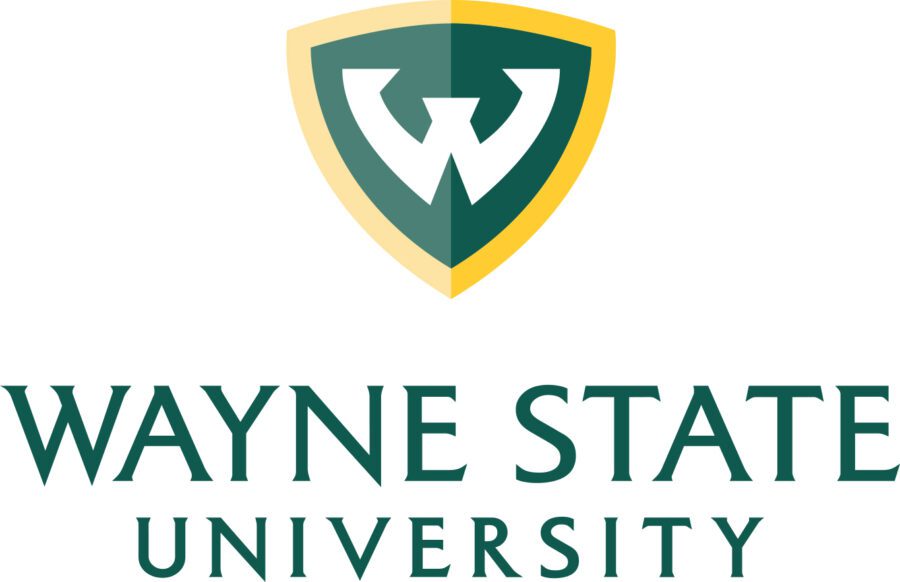
Wayne State University
Detroit, Michigan
Past Competitons
- HEV Challenge
- Ethanol Vehicle Challenge
- EcoCAR 2
- EcoCAR 3
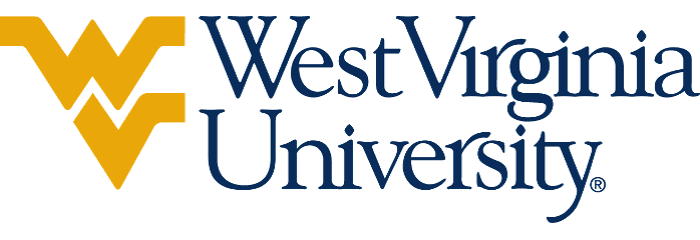
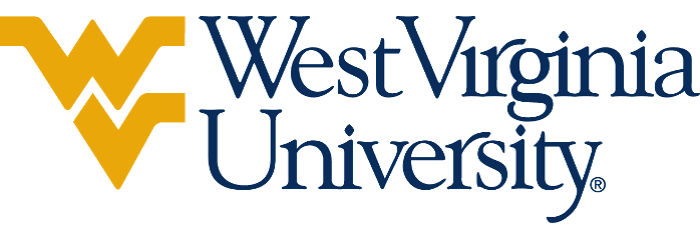
West Virginia University
Morgantown, West Virginia
Past Competitons
- Methanol Marathon
- Natural Gas Vehicle Challenge
- HEV Challenge
- FutureCar Challenge
- FutureTruck
- Challenge X
- EcoCAR
- EcoCAR3
- EcoCAR Mobility Challenge
- EcoCAR EV Challenge
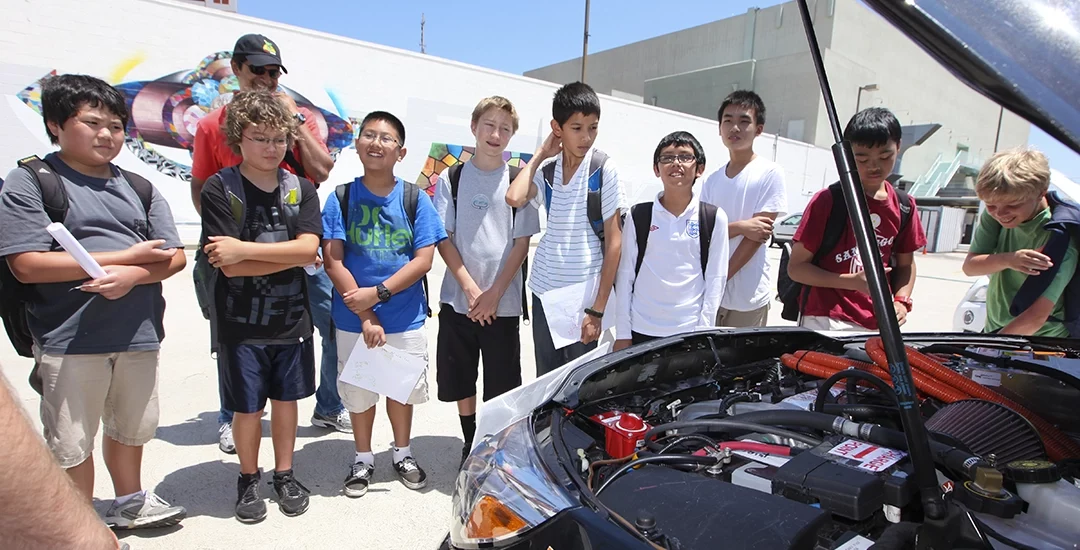

Community & Youth Outreach
Communications and youth outreach play a vital role in AVTCs. AVTCs enable teams to establish relationships within their communities and extend their outreach beyond their university.
The students involved in communications and outreach are from a variety of majors and bring diverse backgrounds into a primarily engineering-focused collegiate team.
AVTCs enable students to develop important public speaking and communication skills, as well as the opportunity to network in their community to improve public awareness about energy-related issues. Most notably, AVTC students help inspire youth in their community to pursue STEM careers and help attract and retain new and diverse students onto their teams.
Youth STEM Education
The AVTC education and workforce mission begins with the implementation of national STEM and community outreach programs to attract underserved youth into STEM careers and build advanced vehicle technology awareness within communities.
Current AVTC teams are active with K-12 students in their local area by visiting schools, offering educational events on their campus, collaborating with local youth organizations, and more. These dynamic activities expose elementary, middle, and high school students to a project showcasing real world engineering practices. Students also learn about science, engineering, and college majors.
During the 2023 academic year, EcoCAR EV Challenge and BattChallenge teams hosted 78 events for underserved youth with over 25,000 students engaged. Over the past decade, AVTC teams have hosted 627 unique, hands-on educational youth events with over 72,000 students in attendance. These efforts are essential in inspiring the next generation of engineers and fostering a diverse and skilled future workforce.
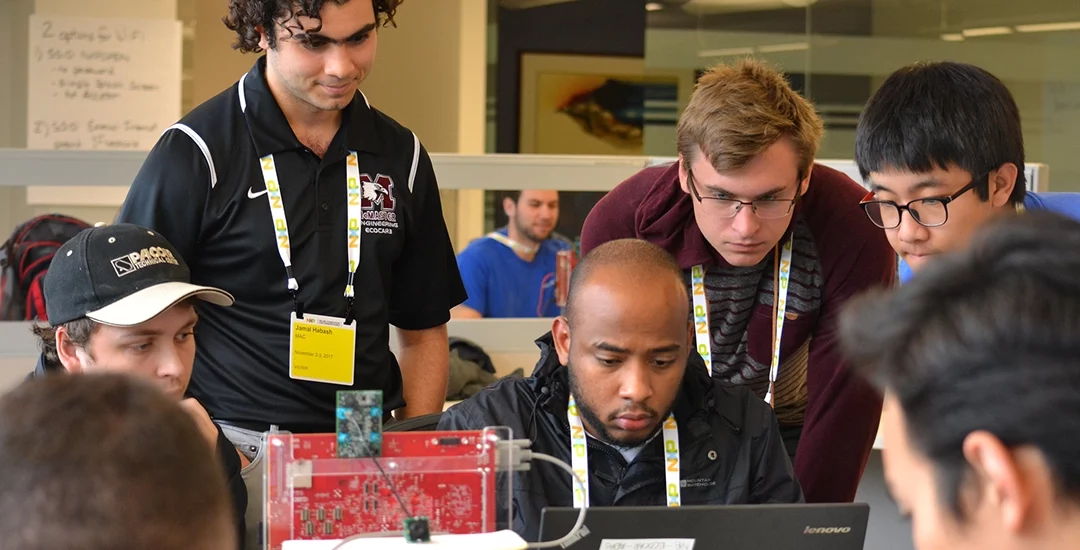

University Student Enrichment and Impact
A key mission of AVTCs is to provide student enrichment and education through both experiential learning and supplemental training. Students gain hands-on, real-world experience in AVTCs as well as access to the following enrichment opportunities.
Model-Based Design Curriculum Project
In 2013, AVTCs launched a new Model-Based Design Curriculum Project that focused on self-paced, online learning modules that teach engineering students and entry-level engineers the basics of model-based design, how to build vehicle component simulation models, and fundamentals of hybrid system control and fault diagnosis. Funded by the U.S. Department of Energy, National Science Foundation, and MathWorks, the ‘Model-Based Design for Vehicle Powertrains’ course focuses on basic component modeling/energy flow, battery energy storage systems, and series hybrid supervisory control, as well as IC engines, transmissions, electric machines/power electronics, and parallel hybrid supervisory control.
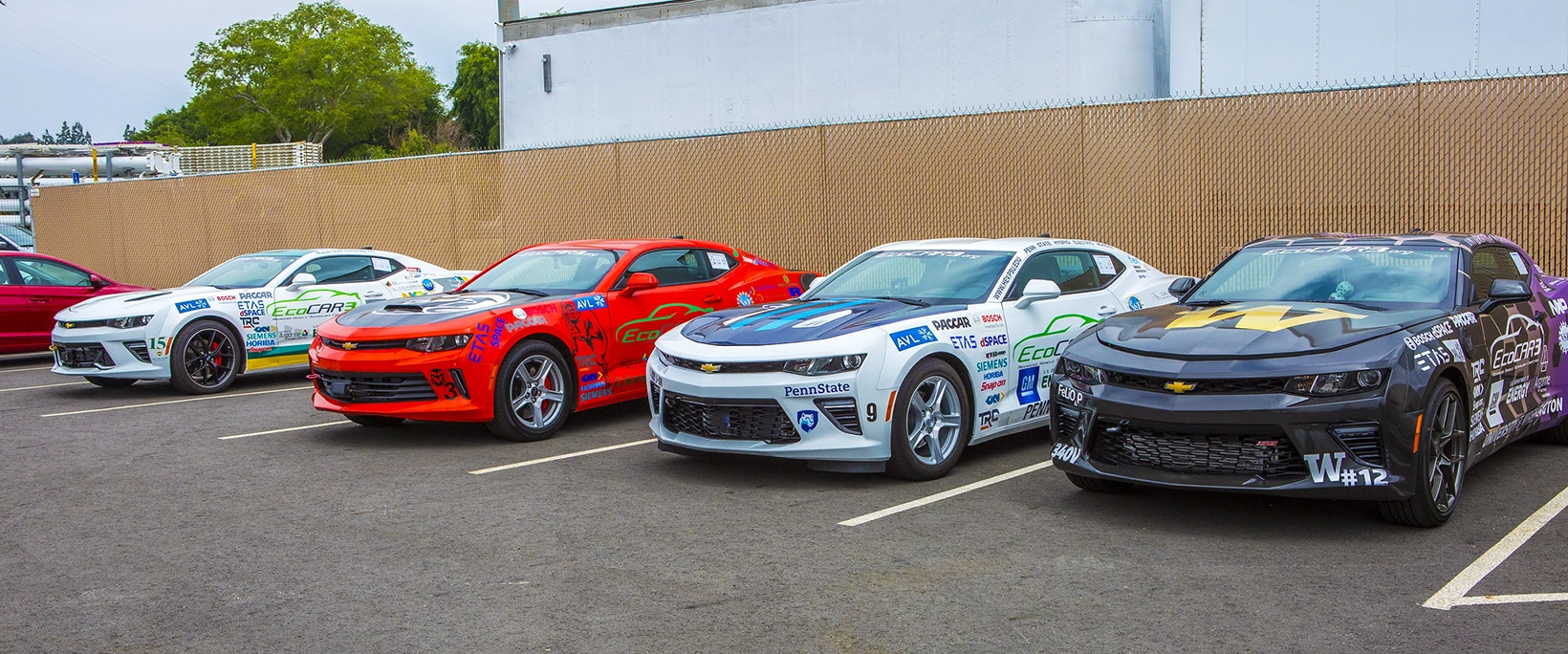

Interested in learning more about AVTCs?
Contact us by filling out the form on our contact page!
Copyright 2024 Advanced Vehicle Technology Competitions.
9700 S. Cass Avenue
Lemont, IL 60439











